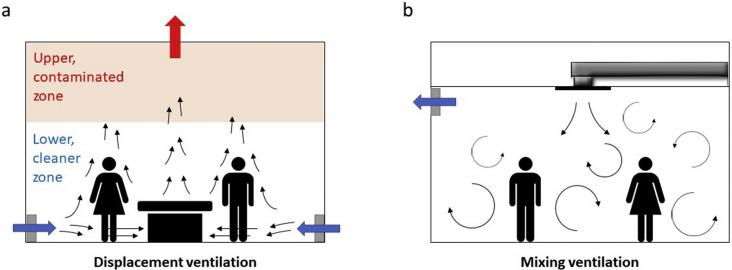This study supports SDGs 3 and 6 by analysing data from 88 low-income and middle-income countries and showing geographical disparities in access to clean water and sanitation facilities. These findings identify where efforts to increase access to safe water and sanitation have been successful over time, and highlight the need for targeted and tailored interventions to reach those communities and regions that have been left behind.
Eradicating food insecurity is necessary for achieving global health goals. Liberal trade policies might increase food supplies but how these policies influence individual-level food insecurity remains uncertain. We aimed to assess the association between liberal trade policies and food insecurity at the individual level, and whether this association varies across country-income and household-income groups.

Within a time span of only a few months, the SARS-CoV-2 virus has managed to spread across the world.

Tropical cropping systems are highly dependent on synthetic insecticides, which generates sustainability issues.

Termites are amongst the main macroinvertebrate decomposers in tropical ecosystems and they exert additional impacts through the creation of biostructures (mounds, galleries, sheetings, etc.) with dif

Viral diseases transmitted by mosquitoes, known as arboviruses, pose a significant threat to human life and are a major burden on many health systems around the world.
Background: Self-harm is a leading cause of morbidity in prisoners.
Passengers who require special assistance at airports and on aircraft represent one of the fastest growing demographics for aviation worldwide.
